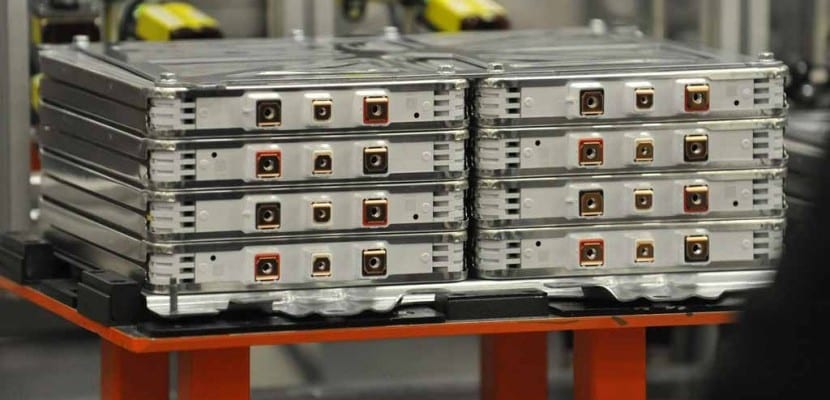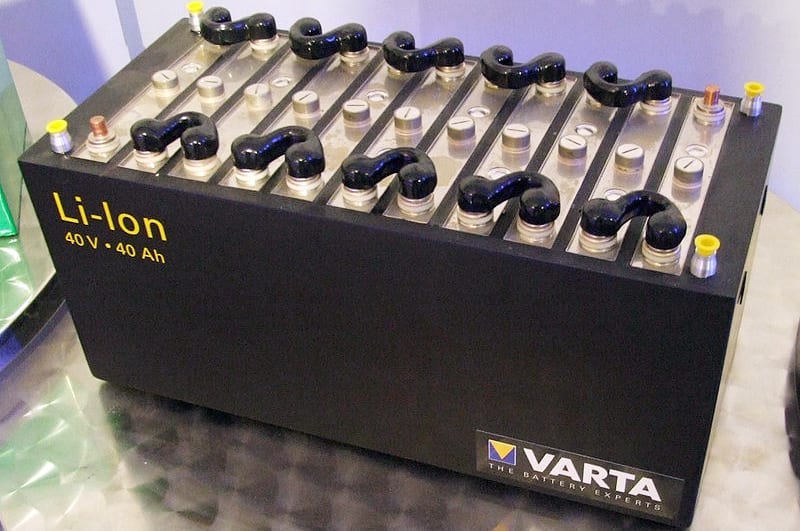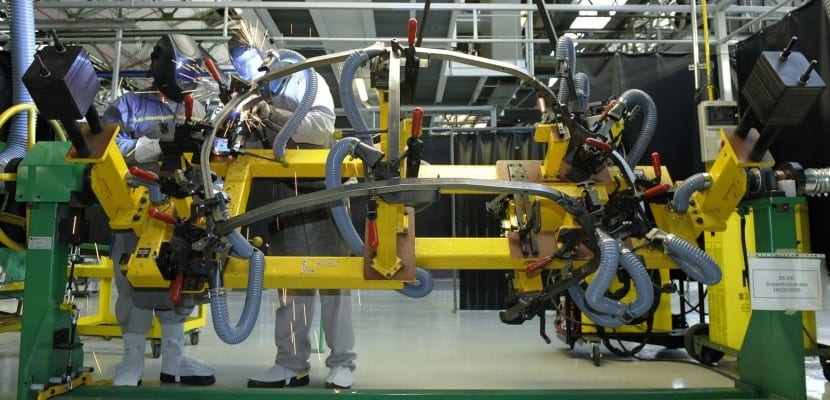
There are many accessories and technology that we use every day that in one way or another use a battery to function, a somewhat sensitive issue since, while for example every year we see how telephone or computer companies, for example, launch increasingly powerful and faster smartphones or laptops, almost doubling the data processing speed from the previous version, offering screens with a definition that has long since ceased to be visible to the human eye ... the batteries of the same are still the negative note since, instead of offering more and more autonomy, they do the opposite precisely because these advances require much more current to work so that, in the end and instead of a laptop we have a desktop always connected.
I still remember how with the idea of the first electric vehicles I was one of those who thought about that «Yes now“, The automotive industry was interested in offering electric vehicles, something that would make battery manufacturers really develop vehicles capable of, at the very least, homologate autonomies very similar to that of current cars, improvements that ultimately would later reach all the technological elements of our day to day. Once again and although the improvements are coming little by little, the transition is so slow that it becomes desperate, vehicles that approve a range of 40 km, smartphones that spend the night connected to the charger (in the best of cases), smartwatches that last with autonomy of 5 or 6 hours (not a working day) ...

We went so far in this sense that I still remember how in 2012 the Advanced Energy Research Projects Agency (ARPA-E), founded by the United States government in 2009, after years of research, was announcing with great fanfare a conference where they would present a new battery cell capable of doubling the current charge of the batteries making any electric vehicle capable, for example, of traveling from Washington to New York without recharging. Such was the revolution that just a couple of months later General Motors patented the technology and signed an agreement to finance its development, thus gaining the right to be able to use the results obtained from the invention.
At this point, it undoubtedly seemed that this new technology was definitely going to revolutionize our day to day, nothing is further from reality, when General Motors obtained the plans to start commercially manufacturing this type of batteries, its engineers were unable to reproduce the results obtained by the ARPA-E, just one year after signing the agreement it was broken, the battery achieved had been just the result of chance, the big problem and perhaps the most difficult wall to overcome is precisely that any element that is changed or added to a battery can produce improvements but it is unknown if the unforeseen events can be much greater than the improvement produced.

At least all the money invested in the development of these batteries had a result that today we can enjoy, they managed to create much lighter and smaller batteries, an advance that finally saw the light after the incursion of companies such as Tesla Motors o Panasonic as collaborators in ARPA-E research. This has been possible, especially thanks to Tesla, which at the time, instead of something completely new, directly bet on improving the manufacturing and engineering processes. For its part, Panasonic was in charge of improving and adjusting the chemistry of materials to achieve greater capacity.
Personally and by way of conclusion, I think that once again too much time and money has been wasted in betting on completely new technologies where a battery to use was going to stop being precisely this. Many are the startups that are betting on materials as exotic and promising as graphene or nanodots, promising to revolutionize the market, something that is very good since little by little it seems that this type of materials has a future although, as Tesla and Panasonic are showing , a very important step would be to achieve the limit in the current manufacturing processes, that is, not to lose our minds due to the discovery of new materials when with the current ones, for different reasons, we have not managed to push them to the limit.
No technology advances, not just the battery. This news is nothing new.